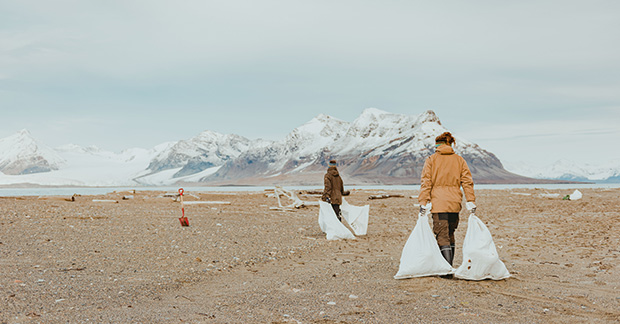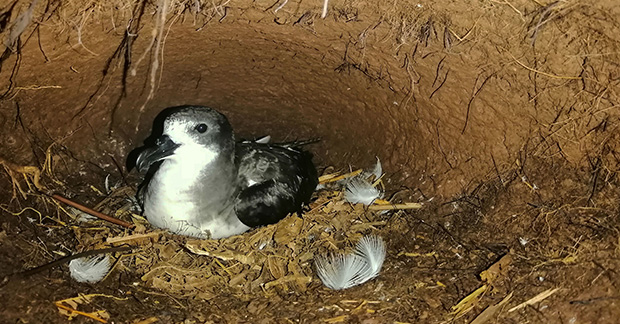In association with: Hurtigruten Group
The Hurtigruten Foundation unites guests, partners and donors to fight climate change and strengthen local communities, says its chief executive Henrik Lund

Q. What are the key goals of the Hurtigruten Foundation?
A. The Hurtigruten Foundation is all about giving back to the areas we sail and operate in. We focus on battling plastic waste and marine litter, preserving endangered wildlife and protecting local communities, as these issues affect our guests, our employees and the communities where we operate every day.
Q. How does the foundation work with the wider Hurtigruten Group?
A. We are an integrated part of the Hurtigruten Group, and we work together to identify the best projects and organisations to support. The cost of the foundation is covered by the group, enabling us to donate all the funds we raise to the projects we support.

Q. What kind of support do guests give the foundation’s work?
A. I’m humbled by how engaged our guests are with the foundation’s work. They embrace our Green Stay programme on board, which saved more than 1.4 million litres of water last year, while raising funds for the foundation.
Guests also enthusiastically participate in the onboard charity auctions, raising more funds than ever before for the projects we support.
Q. Can you tell us some more about the new Rapid Response Fund?
A. Nobody knows the places we sail better than the onboard teams, and our newly implemented Rapid Response Fund empowers them to make a positive difference when they encounter urgent need. The fund gives our teams the ability to give donations and grants immediately and directly when they identify a need in the community they’re visiting.
Making a difference
Henrik Lund explains how the projects the Hurtigruten Foundation is involved with have made a real difference:
“In the two years we’ve supported the protection of the critically endangered Galápagos petrel, the fledglings in the Fundación Jocotoco reserve have gone from four to 22 – making a vital difference to the survival of this unique bird.

“Another location where our work has had a positive effect is the Svalbard archipelago, which is one of the most remote places on Earth. The sea currents mean that plastics from elsewhere wash up on the shores here, but we have supported local volunteer waste‑removal efforts for several years and, last year alone, more than 8,000kg of plastic, fishing nets and other litter were removed from the beaches.”
Find out more at hurtigruten.com/group/foundation

PICTURES: Ragnhild Utne/Aktiv i Friluft; Association of Greenlandic Children; Fundación Jocotoco
